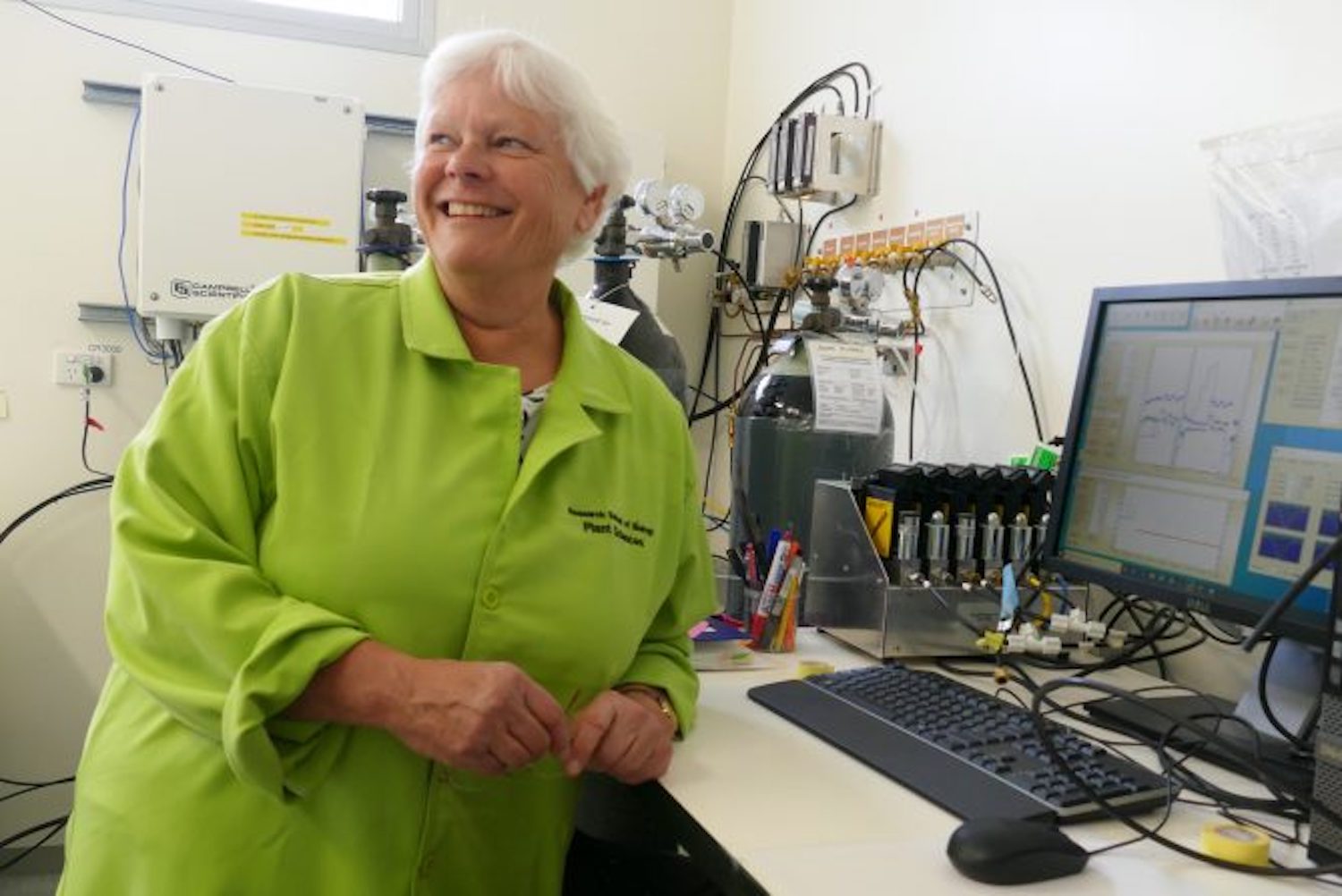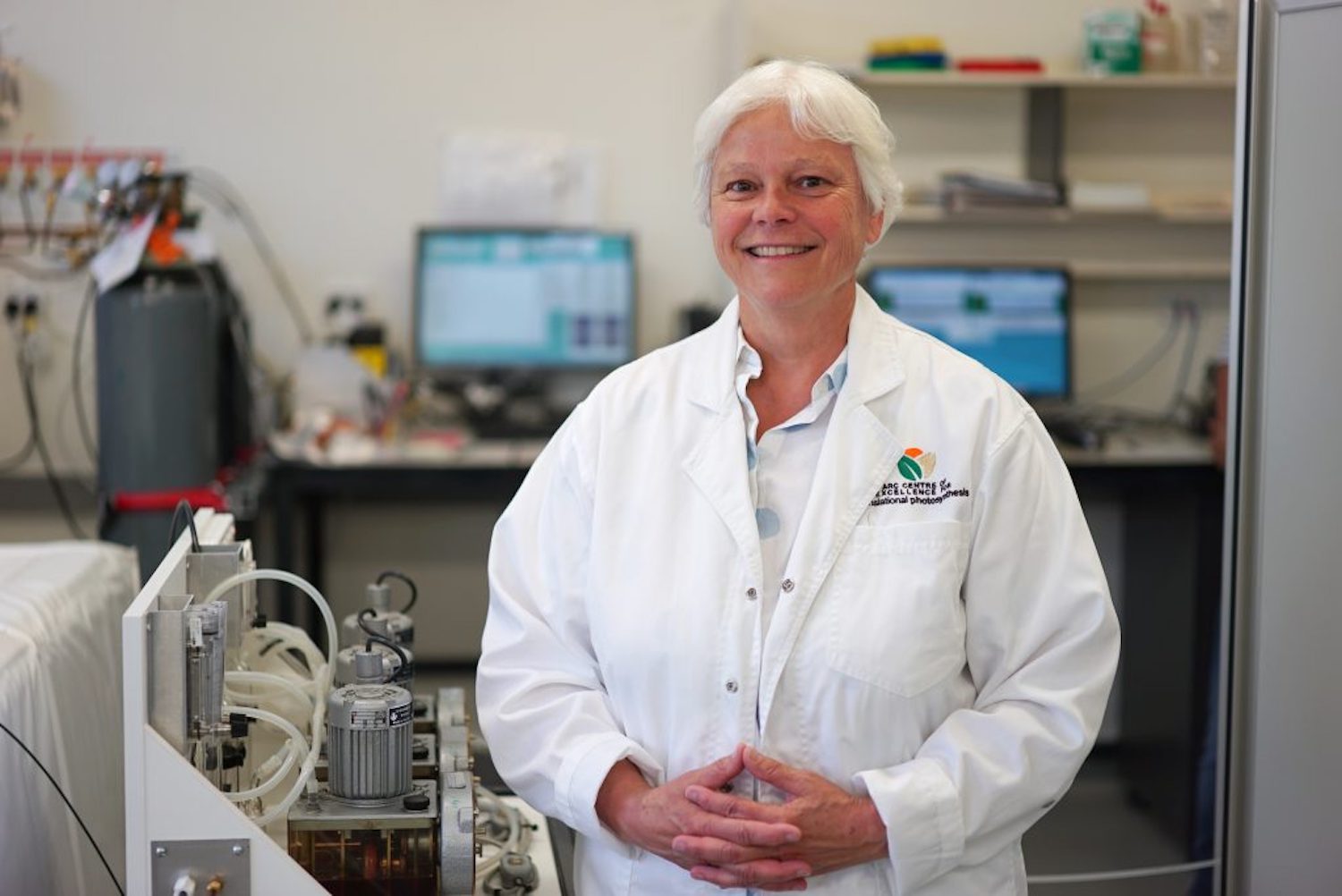Professor Susanne von Caemmerer awarded the Suzanne Cory Medal

Congratulations to our Centre Deputy Director Professor Susanne von Caemmerer, who has been awarded the Inaugural Suzanne Cory Medal by the Australian Academy of Science. She is one of twenty four scientists whose outstanding contributions to science have been recognised by the Australian Academy of Science prestigious 2021 honorific awards.
Professor von Caemmerer, an expert in the processes underpinning how plant leaves use CO2, has changed the way we think about photosynthesis. Her research, aimed at improving photosynthesis in crops to increase their yields and adapt to climate change, is now applied worldwide.
Watch Professor Von Caemmerer talking about her career and her recent award here
The Suzanne Cory Medal recognises outstanding research in all of the biological sciences, being awarded in alternate years in the bio-medical sciences and in all of the biological sciences excluding bio-medical sciences. This honorific award recognises achievement over a career in science and it is open to any biological science researcher regardless of time since their major degree. It honours the contributions made to science by Professor Suzanne Cory AC FAA FRS who, as a molecular biologist has made major contributions to understanding the genetic causes of cancer.
“I am really thrilled. I admire Suzanne Cory very much, and I am also very happy that we have an award for plant science,” she said.
Read the media release from the Australian Academy of Science here

Professor von Caemmerer is the pre-eminent authority on modelling metabolic, physiological, structural and environmental aspects underpinning photosynthetic CO2 fixation in plant leaves. She changed the way we think about photosynthesis and gas exchange in leaves and remains at the forefront of this research. Her ability to combine mathematical modelling with experimental approaches and her progressive exploitation of ever more powerful molecular engineering methods throughout an outstanding career have refined and deepened our understanding of biochemical, physiological and environmental limitations to photosynthesis. Her research from leaf chloroplasts to global models of plant production aimed at enhancing photosynthetic rates in crop plants to increase their yields and adapt to climate change is now applied world-wide.
“My research concerns mathematical modelling of photosynthesis. It is a fascinating area to investigate, you never stop learning and it has so many exciting possibilities in terms of improving food production,” Professor von Caemmerer said.
Read more about Professor Susanne von Caemmerer’s career and passions here:
Professor Susanne von Caemmerer: the mathematical elegance of plants
The article originally appeared on the ARC Centre of Excellence for Translational Photosynthesis website.
